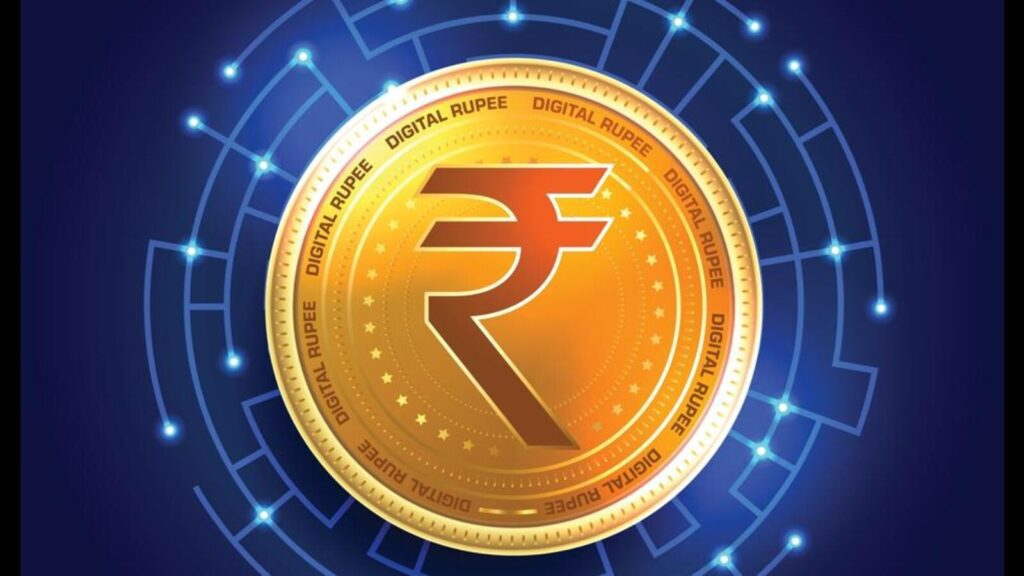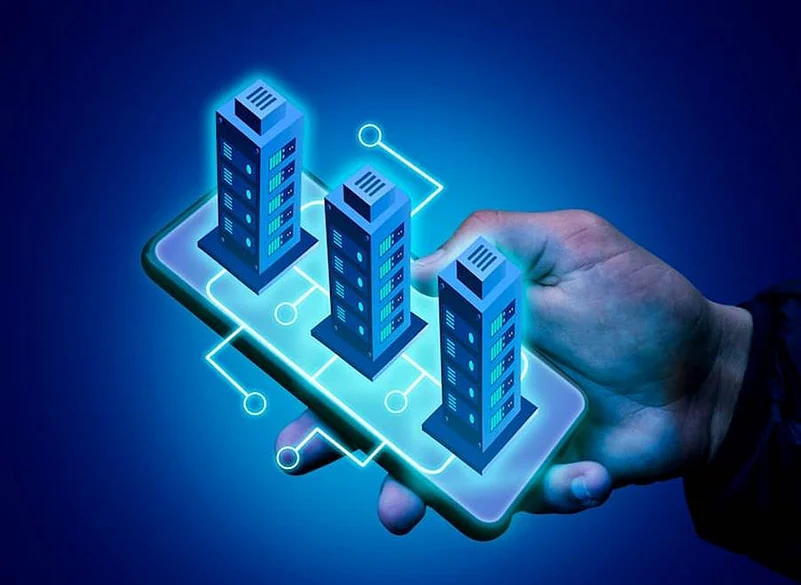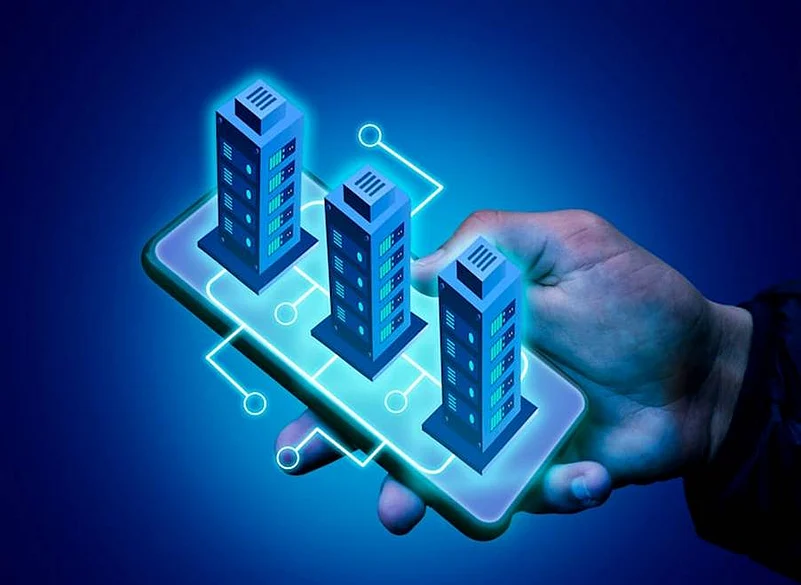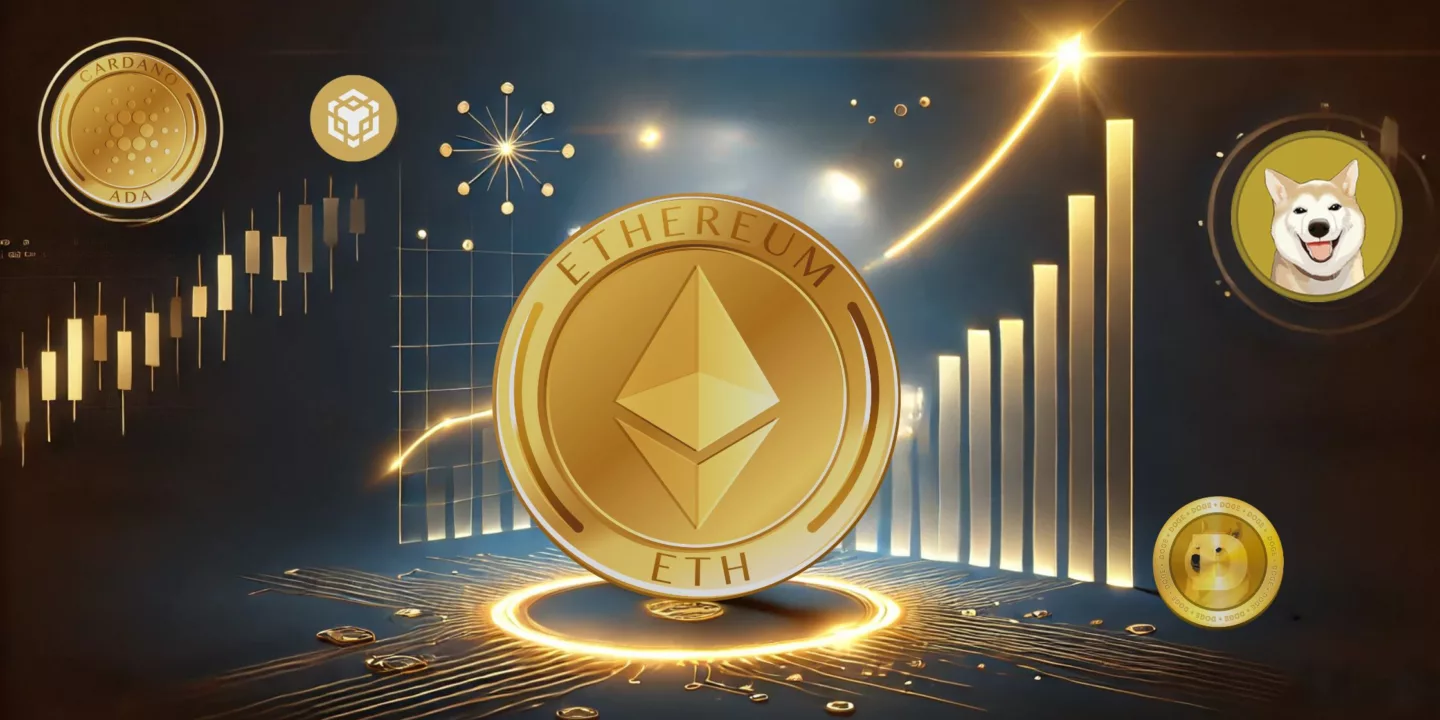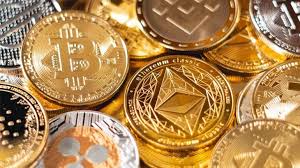Now Reading: Real Estate to Gold: How Tokenization Is Changing How Indians Look at Investment
-
01
Real Estate to Gold: How Tokenization Is Changing How Indians Look at Investment
Real Estate to Gold: How Tokenization Is Changing How Indians Look at Investment
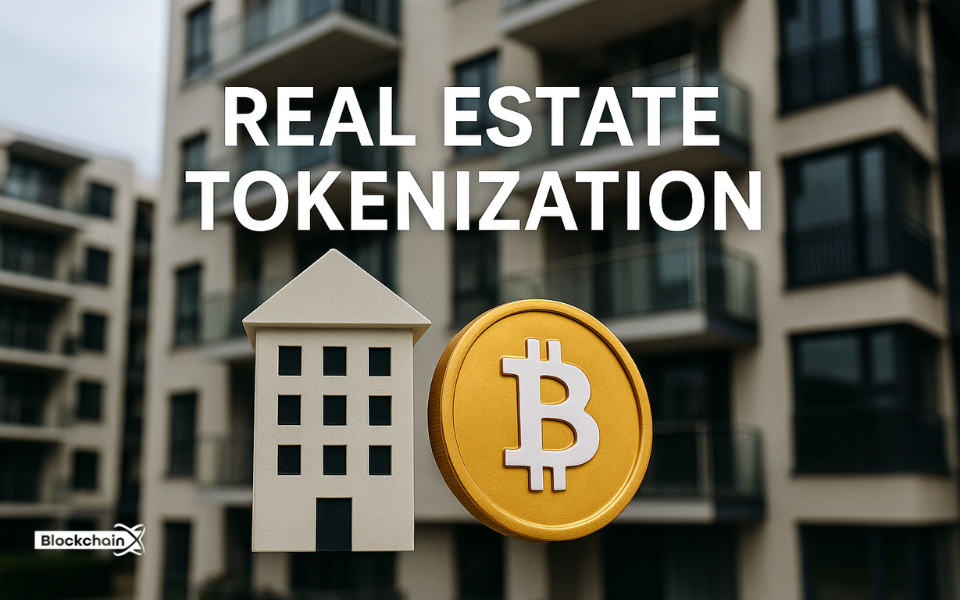
Imagine owning a piece of a commercial building in Mumbai or a gold reserve in Gujarat—not through paperwork, but via a digital token on your phone. That’s exactly what tokenization of real-world assets (RWA) is making possible. As this trend picks up globally, Indian investors, especially from Tier 2 cities, are beginning to explore this fresh, tech-driven way to invest in physical assets.
What Does ‘Tokenization’ Actually Mean?
Tokenization means converting a real-world asset—like property, gold, or art—into a digital token that lives on a blockchain. Each token represents a fraction of ownership in the asset. So instead of needing crores to invest in real estate, a person can now buy a fraction for a few thousand rupees.
These tokens can be bought, sold, or traded just like cryptocurrencies, but they’re backed by something tangible and real.
Why It’s Gaining Popularity in India
For decades, investment in assets like land, flats, or precious metals required big capital and heavy paperwork. Tokenization breaks that barrier. Now, someone in Nagpur or Indore can co-own a warehouse in Bengaluru or a vintage car collection in Delhi with a few clicks.
The model suits younger investors who are digital-first and prefer transparent, flexible, and low-entry-cost financial options. It also appeals to NRIs who want to invest back home without complex logistics.
Opportunities Beyond Real Estate
While real estate is the most popular use case right now, tokenization is expanding. Agricultural land, music rights, luxury watches, and even carbon credits are being turned into tokens globally.
In India, gold tokenization is gaining traction, with platforms allowing users to own 99.9% pure gold in digital form, backed by actual reserves in secure vaults. It offers convenience without compromising the trust that gold traditionally holds.
Challenges Still Exist
Tokenization sounds simple, but it’s still a new idea for many. Legal clarity, regulatory approvals, and reliable platforms are critical for it to scale in India. There are also risks—fraud, token mismanagement, or illiquid markets—especially if the platform issuing the tokens isn’t trustworthy.
This makes investor education and legal oversight extremely important before mass adoption.
Conclusion
Tokenization of real-world assets isn’t just a tech buzzword—it’s a shift in how Indians might own and trade valuable things in the future. For Tier 2 investors, it opens up asset classes that were earlier out of reach. But like any new financial product, understanding the risks and choosing the right platform is key. The future of investing may very well be token by token.








